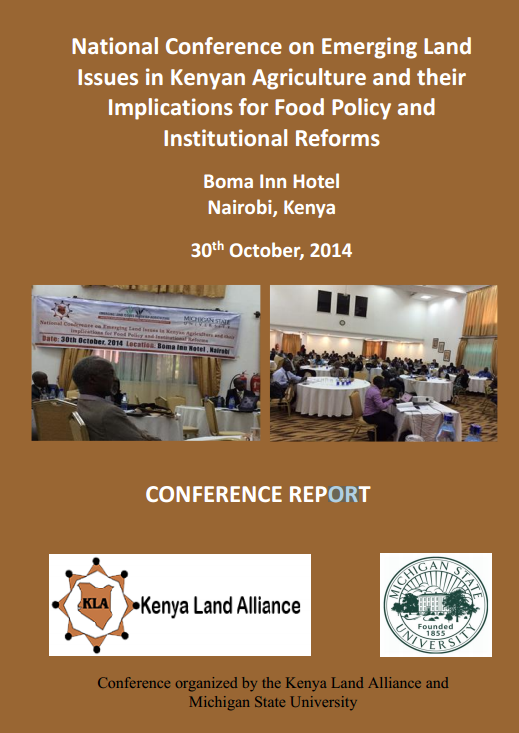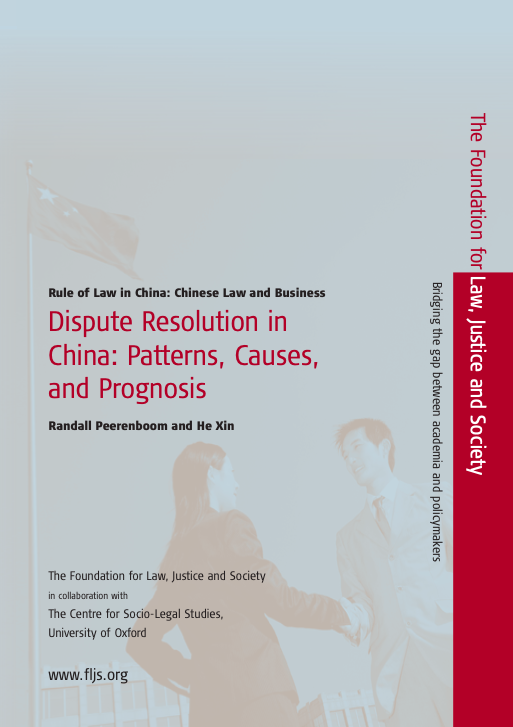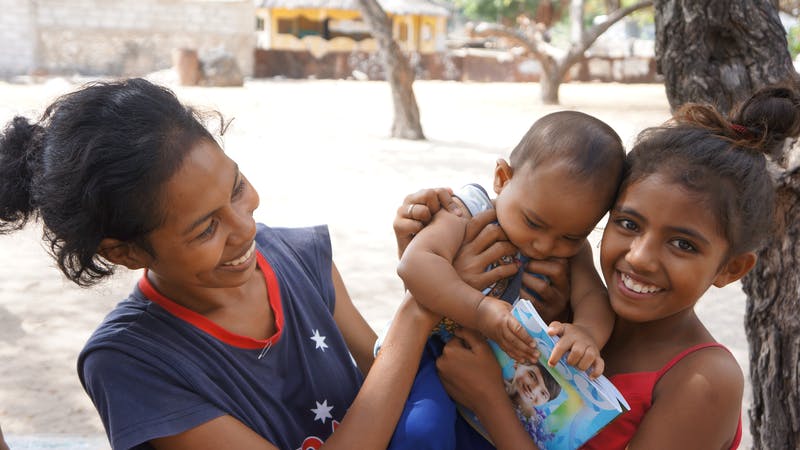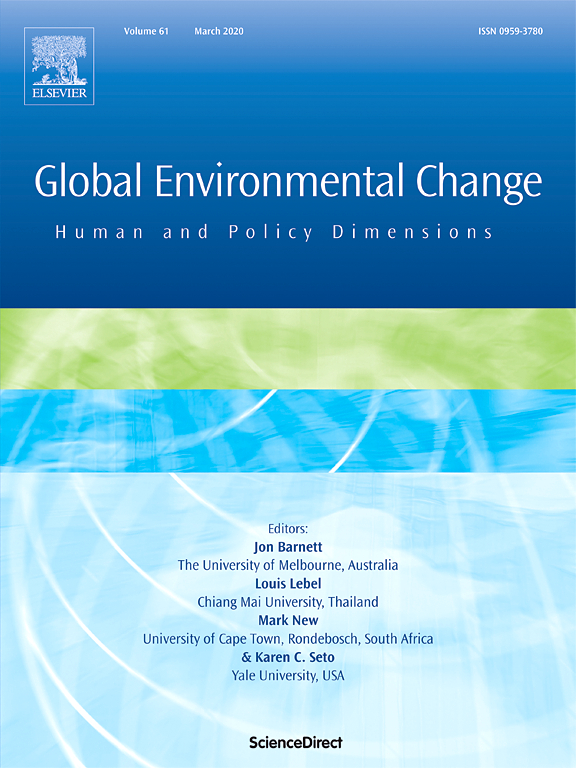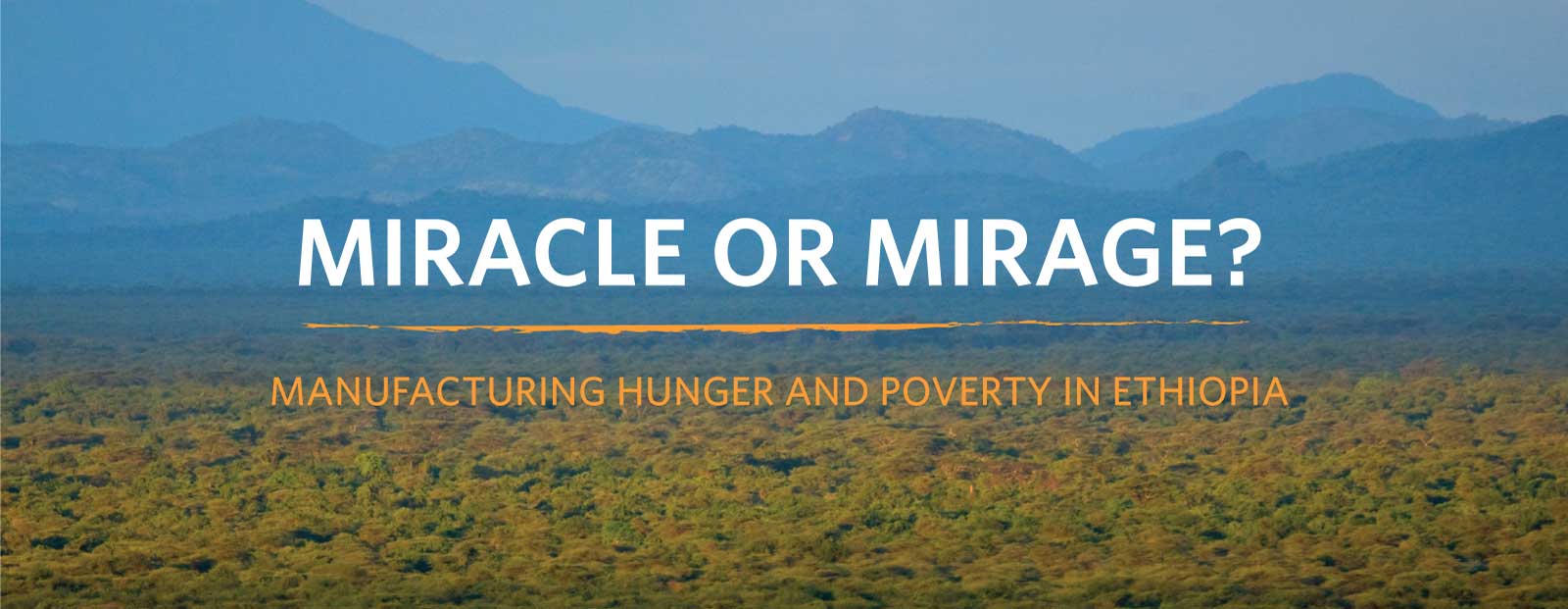Land-use conflict and socio-economic impacts of infrastructure projects: the case of Diamer Bhasha Dam in Pakistan
This article examines the conflicts arising from the Diamer Bhasha Dam project in northern Pakistan. Conflicts arising from the impacts of the dam on the local population and territory and steps to resolve some of them are identified. These impacts relate to unfair land acquisition, improper displacement, inadequate compen- sation, resettlement and future livelihoods. The completion of the project depends on the arrangement of project finance, resolution of conflicts among different actors and the consent of all stakeholders.



